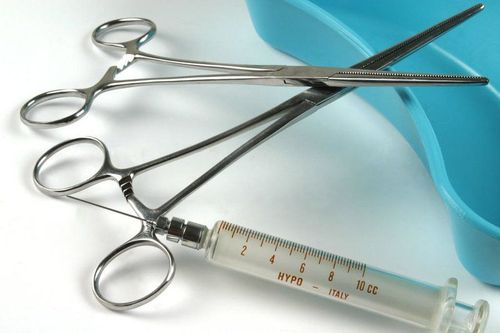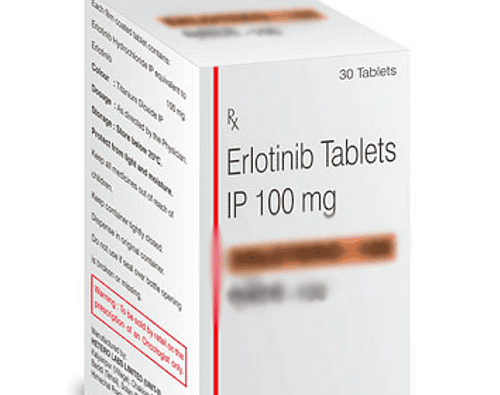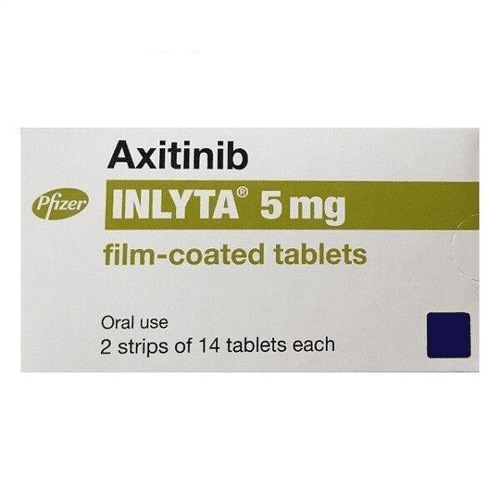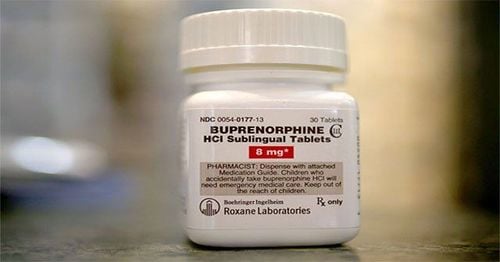This is an automatically translated article.
A biopsy is an important test that helps doctors diagnose cancer. For patients who have found cancer, the results of a tumor biopsy can also help the doctor tailor the treatment plan accordingly. But some people worry about whether the biopsy will spread cancer cells.1. What is a biopsy and why do people need it?
A biopsy is the most common way for doctors to diagnose cancer. During a biopsy, your doctor will remove a small piece of tissue, called a sample, from a suspected tumor or area to look at. The pathologist then looks at the sample under a microscope to make a diagnosis. These are doctors whose expertise is to interpret test results and evaluate cells, tissues, and organs to diagnose diseases, including cancer.There are different techniques for taking a biopsy sample. For example, in fine-needle aspiration cytology, a doctor inserts a needle (attached to a syringe) into the suspected area to collect a small amount of tissue and make a diagnosis. For a tumor biopsy, the doctor will surgically open and cut the entire suspected tumor, taking it out for examination.
According to the Surgical Oncology specialist, performing a cancer biopsy properly will provide the necessary information for diagnosis, staging and clinical decision support for patients with suspected or confirmed cases. know cancer.
Recommended video:
Close-up taking biopsies to diagnose breast cancer
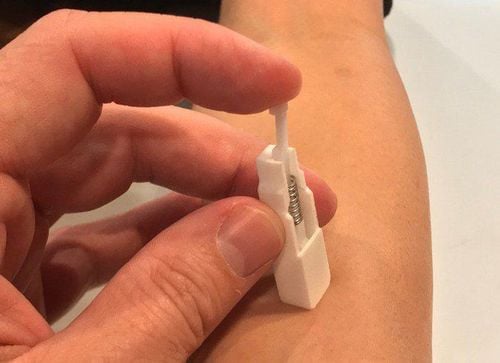
2. Why do some people think that biopsies spread cancer cells?
In rare cases, a needle inserted into the tumor during a biopsy will rupture and spread the cancer cells. Sometimes cancer cells even grow along the path of the needle.Previously, it was difficult to study these cases, the old evidence provided only describes a person's medical history. However, a former urologist has published a book that opposes biopsies for men with prostate cancer. This has attracted public attention and raised concerns. However, in 2017, the state of Florida revoked his medical license and arrested the doctor for deceiving patients and practicing medicine without a license.
Trắc nghiệm: Thử hiểu biết của bạn về bệnh ung thư
Ung thư là nguyên nhân gây tử vong hàng thứ 2 trên thế giới. Thử sức cùng bài trắc nghiệm sau đây sẽ giúp bạn có thêm kiến thức về yếu tố nguy cơ cũng như cách phòng ngừa bệnh ung thư.
Bài dịch từ: webmd.com
3. Research on the risk of biopsies spreading cancer
Every medical technique has risks. Biopsies of cancer cells carry a risk of bleeding and mild infection. In recent studies, scientists have worked hard to determine the risks and benefits of biopsies, in order to better inform patients and physicians.Several studies and individual case reports confirm that tumor spread is rare, so the benefits of biopsy far outweigh the risks. Example:
A 2008 review found that needlestick cancer cell spread occurred in 2.7% of liver cancer biopsies. However, a 2015 study reviewed this review and found that the rate of spread by needle biopsy of cancer cells was very low (less than 1%). Another study conducted in 2013 looked at cancer recurrence rates in 256 pancreatic cancer patients with and without biopsies. As a result, no difference was found. Then in 2015, researchers found that biopsies were not associated with an increased risk of death in 2,034 patients with pancreatic cancer. More recently, a 2019 study found that core-needle cell biopsy was safe and effective in 42 patients with bladder cancer and malignant cell spread. did not occur after 28 months of follow-up. In general, although there is still a small risk of cancer spreading during a biopsy, the incidence is very rare.
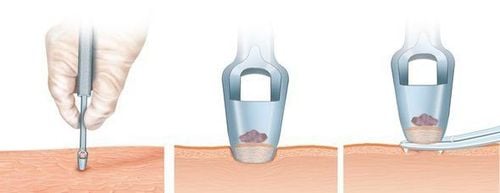
4. The importance of cancer biopsy technique
A biopsy is often the best way to determine for sure if you have cancer. Other techniques, such as ultrasound and magnetic resonance imaging (MRI), can also give results if an area is suspicious. But in most cases, the only way to make an accurate cancer diagnosis is to perform a biopsy and look at the suspect cells under a microscope. Sometimes a biopsy of cancer cells is also done in conjunction with ultrasound or computed tomography (CT). This helps to identify the correct area to examine and obtain a biopsy sample.There are cases where a biopsy of the tumor shows that the suspected area contains only benign or noncancerous cells. Then you don't need any cancer treatment, such as surgery, radiation, or chemotherapy. In other cases, a biopsy of the tumor can tell the doctor how dangerous and staged the cancer is. Biopsy can also explain the type of cancer cells inside the tumor. All of this information helps determine the best direction for cancer treatment.
Recommended video:
The role of X-rays, MRIs, ultrasounds, biopsies in breast cancer diagnosis
If you are concerned about having a biopsy, ask your doctor why he is recommending you to have a biopsy and will What are the risks if you do/don't take this test. You can also ask your doctor about preparations for the biopsy, how the procedure will go, and how to take care of yourself afterward. Biopsies are an important part of the care of people with cancer, and your doctor can answer any questions you may have during the process.
Currently, Vinmec International General Hospital has been and continues to be fully equipped with modern diagnostic facilities such as: PET/CT, SPECT/CT, MRI... biology, immunohistochemistry, genetic testing, molecular biology testing, as well as a full range of targeted drugs, the most advanced immunotherapy drugs in cancer treatment. Multimodal cancer treatment from surgery, radiation therapy, chemotherapy, hematopoietic stem cell transplantation, targeted therapy, immunotherapy in cancer treatment, new treatments such as autoimmunotherapy body, heat therapy...
After having an accurate diagnosis of the disease and stage, the patient will be consulted to choose the most appropriate and effective treatment methods. The treatment process is always closely coordinated with many specialties to bring the highest efficiency and comfort to the patient.
Especially, now to improve service quality, Vinmec also deploys many cancer screening packages that can help customers detect cancer early before there are no symptoms, providing a better prognosis for treatment. and a high chance of recovery.
Please dial HOTLINE for more information or register for an appointment HERE. Download MyVinmec app to make appointments faster and to manage your bookings easily.
Reference source: cancer.net



